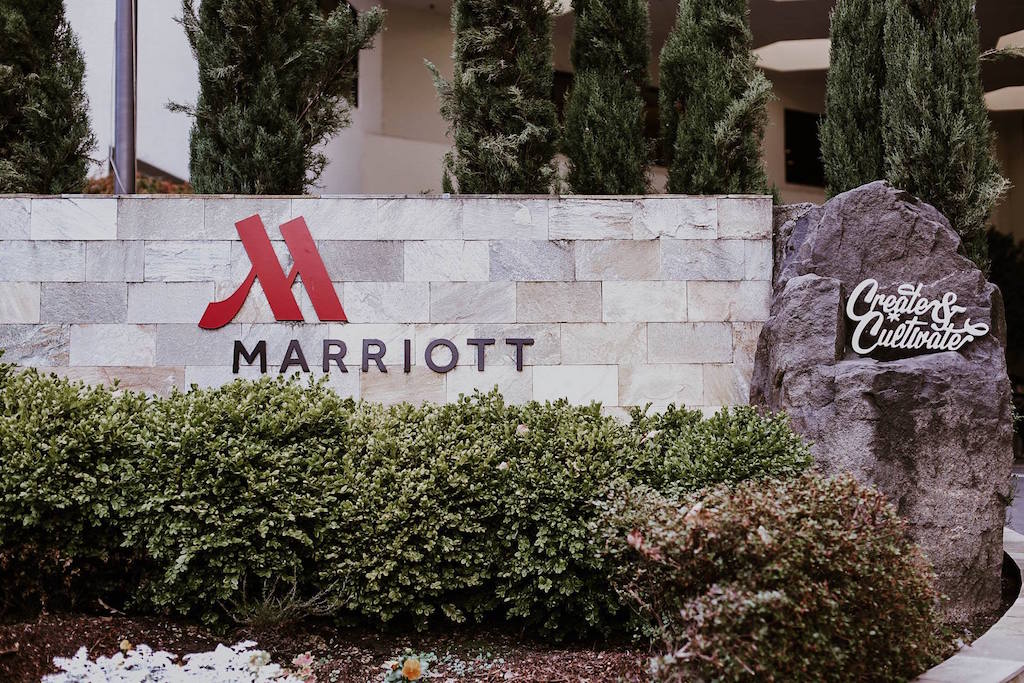What's Ahead for the Next Gen of U.S. Hotel Franchisees?

Skift Take
Big hotel chains like Marriott, Hilton, and others are moving increasingly to an asset-light strategy, signing on more franchisees. Many are still owned by individuals and families: How diverse and adaptable will the next generation of hotel owners be?
Grey Raines’ family got into the hotel business in the 1950s.
At 38, he is carrying the mantle as president of Raines Hospitality, which will have 20 hotels by early 2020. The Florence, South Carolina-based company has Marriott, Hilton, Hyatt, and Choice hotels in its portfolio.
Raines started out in the family business as a short order cook at a Courtyard Marriott when he was 15 years old. Since then, he has seen dramatic changes in the industry.
The proliferation of brands, new technology, and competition from online travel agencies and home sharing businesses such as Airbnb have made being a hotel owner more difficult, presenting unique challenges for the next generation of hotel franchisees.
"There's been so much disruption in our industry that is constantly changing the model," Raines said.
Franchisees are the heart of the hospitality industry. Increasingly, hotels have adopted an asset-light model as a way to reduce debt and to grow more rapidly. Accor, for instance, sold 55 percent of its portfolio for $5.4 billion in 2018. The company has 40 brands including Fairmont and Raffles.
The next generation of hotel owners are young, diverse, and facing challenges their parents and grandparents never encountered in the early days of hotel franchising. That disruption is also what makes hotels want to focus on managing properties rather than owning them.
According to market research firm FRANdata, as of 2018, there were 32,818 total hotels in the United States, 93 percent o
